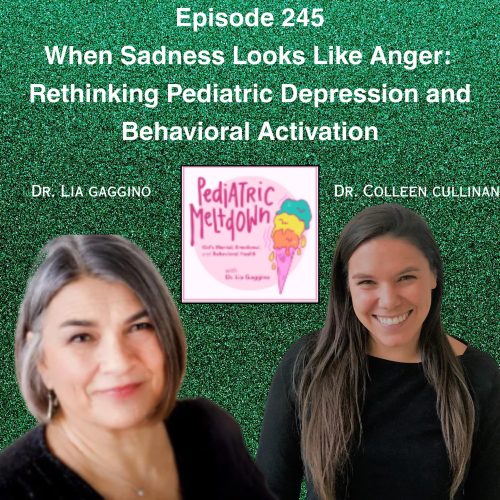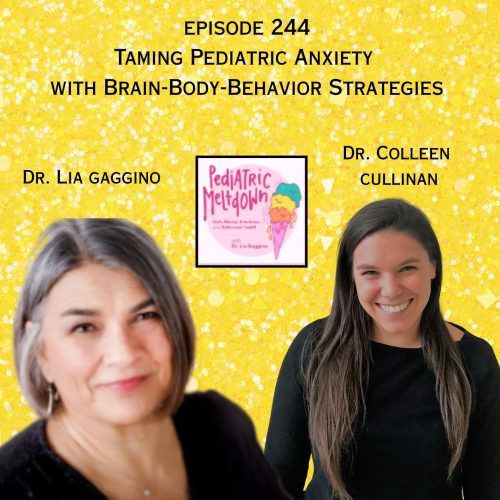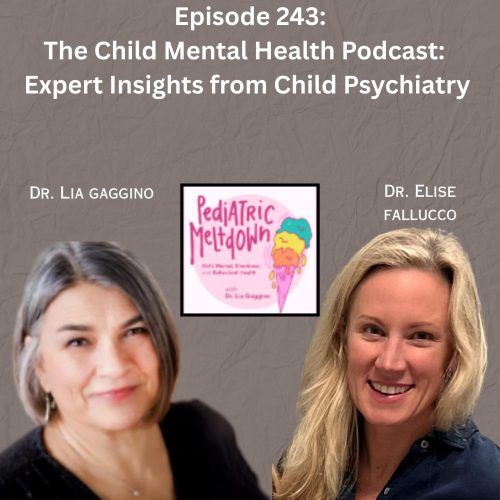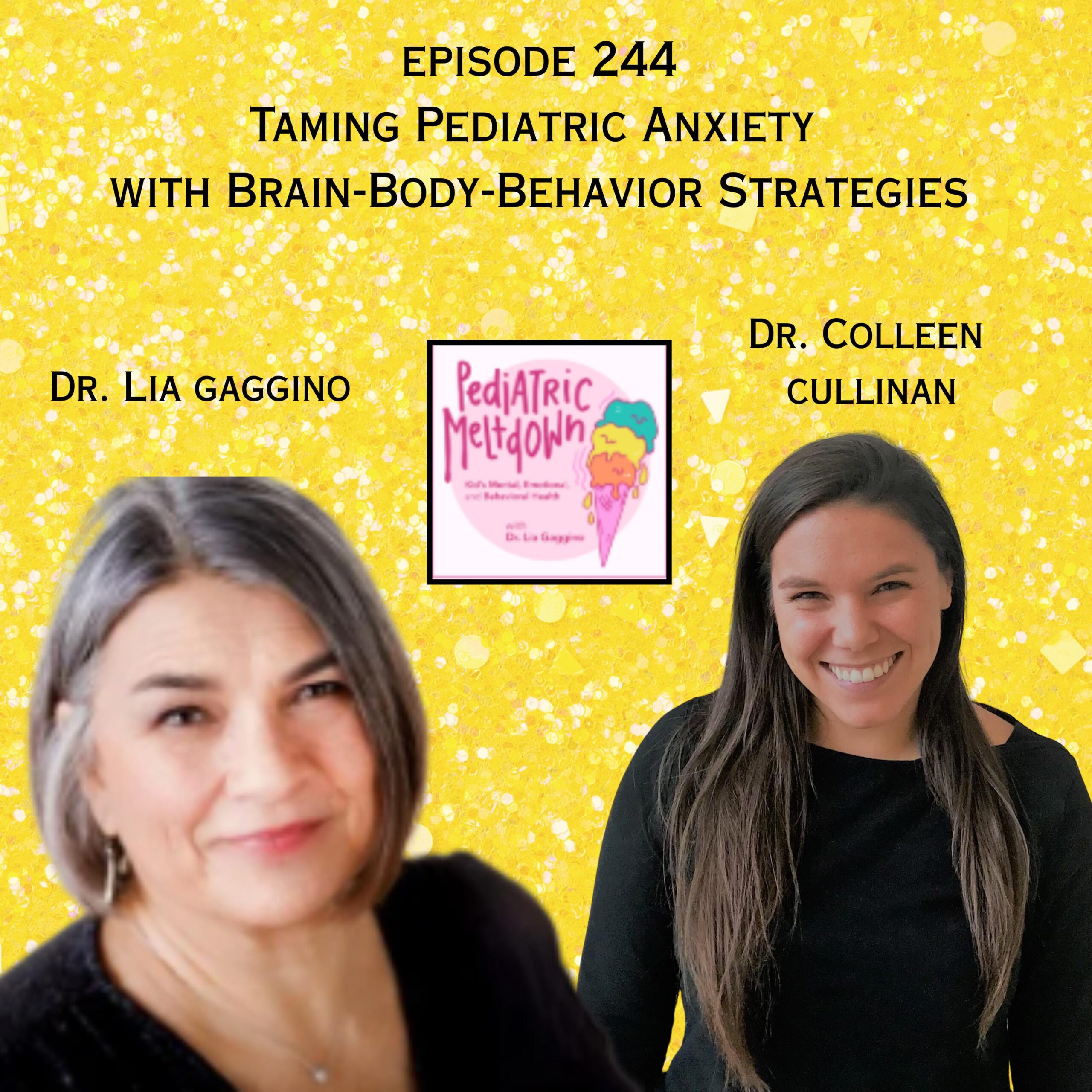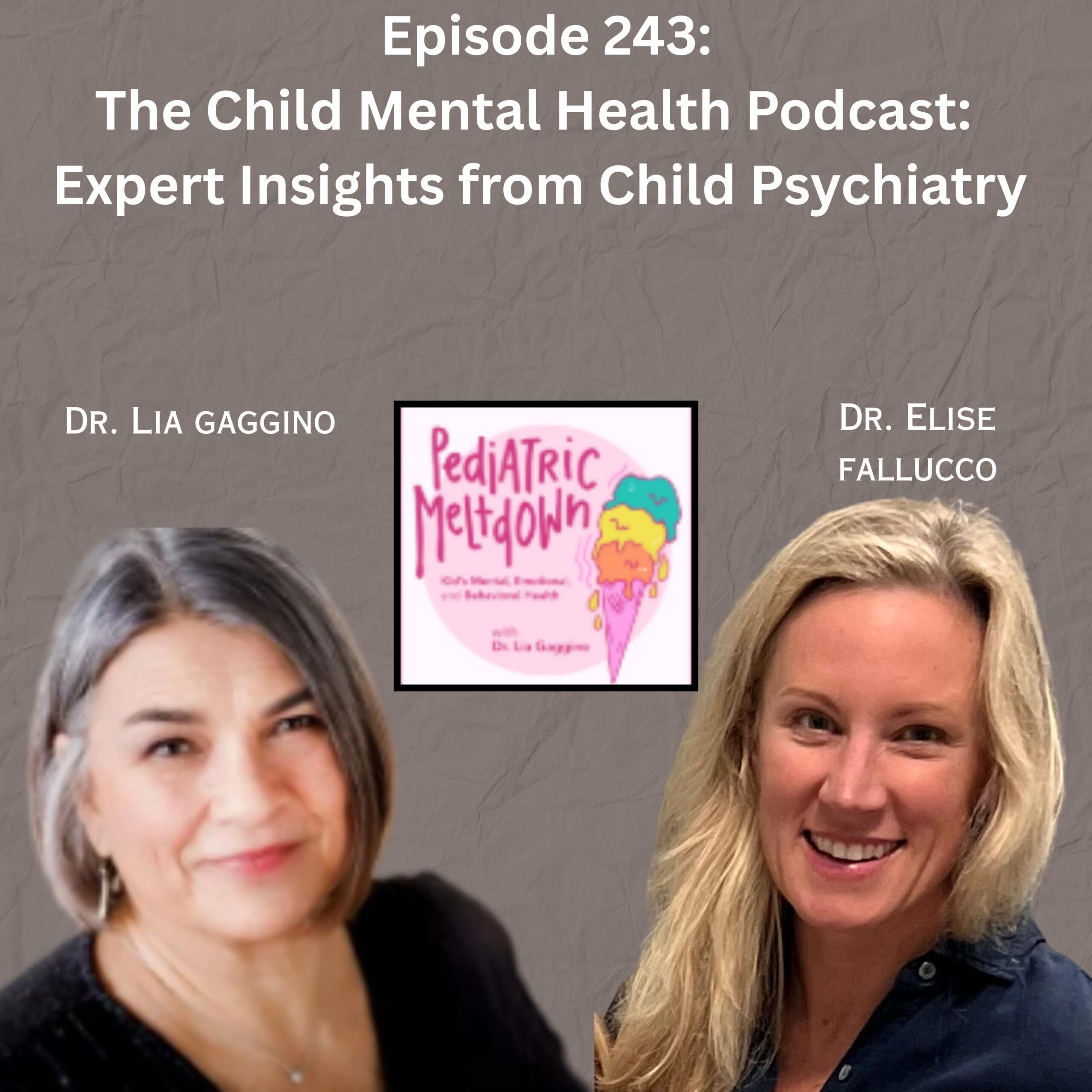As a pediatrician screening for suicide, it’s not about the ones you find positive for suicide, it’s about the ones you may miss. Today’s guest Dr. Horowitz is a Staff Scientist and Pediatric Psychologist at the Nation Institute of Mental Health Intermural Research Program at NIMH and for years she has been helping health care professionals not let kids slip through the cracks. She excels in Suicide Risk Detection and is head PI in several ‘Suicide Prevention Protocols’ using the ASQ Toolkit. She assists hospitals, schools, and pediatric centers in implementing Suicide Screening of patients.
Let’s dive in a learn how we as busy professionals can incorporate this suicide screening in our practices.
[00:01 – 10:01] Opening Segment
- Introducing today’s guest, Dr. Lisa Horowitz
- Expertise and work
- Dr. Horowitz gives us a bit of background on his story
- How Dr. Horowitz got into her field of work
- Late 90’s, mental health patients flooding hospitals
- Saw the need for a suicide screening tool
- Used as a Fellowship Project
- Push back from nurses
- Moved to DC to get a job at NIH
- Dr. Horowitz story developing screening for the hospital
- Creation of ASQ
[10:02 – 15:56 How To Implement Screening Even if You’re Not an MH Expert
- Dr. Horowitz talks about how doctors who aren’t mental health experts can ask screening questions
- Pilot study results
- 60%-80% response rate
- Asking parents to step out
- Nurses asking the kids without parents in the room
- Creating a Script to model
- Most parents responsive
- Are there risks to the screening?
- Studies show that you can’t plant the idea of suicide if it’s not there
- Asking the questions help, they don’t hurt
[15:57 – 22:07] Getting Comfortable with the Whole Script for the Busy Practitioner
- Dr. Horowitz talks about giving the whole script
- A fear for busy doctors
- Don’t change the questions
- Getting comfortable with the language
- Getting over the worry of screening positive
- Positive screenings are very rare
- When you have one, you can save a life
- It’s not one size fits all, not everyone has to go to the emergency room
[22:08 – 41:38] Translating From Emergency Room to Primary Care
- Dr. Horowitz talks about how this can translate into Primary Care
- Suicide is the second leading form of death
- Training that pediatricians receive is very little towards what actually kill kids
- The problem of don’t ask don’t tell
- The facts of fighting suicide
- We haven’t made a dent in rates in over 50 years
- Dr. Horowitz story of Pediatrician using the screening
- Worried about the ones you miss, not the ones you don’t
- A lot of people go to health care before their death
- The difficulties of these screenings
- Are they safe?
- What to do if you get a positive
- What is included in the ASQ toolkit
- Screening vs. assessment
- BSSA for Pediatricians
- Very rare if you need to get them to an emergency room
- The value of having MH experts in your practice
- My own experience in risk assessment
- Clinical pathway
- Using the guide is not as hard as you think
- Other ways to learn and work with families at risk
[41:39 – 55:07] Closing Segment
- Alternative measures to preventing risk
- Ex: safe storage of guns
- Distraction and disruption
- Making it harder can buy time
- Available resources
- Screening is an intervention
- You may be the one to foster positivity
- Where to start
- Links below
- Final Takeaways
- Ask the questions
- You can offer hope
- Be prepared for the positive
- You can do this and need to
Tweetable Quotes:
“I had a parent tell me she was so glad that someone was asking these questions because she didn’t know how to do it.” – Dr. Lisa Horowitz
“Fostering resilience is a big part that pediatricians can play in a child’s life. You as the pediatrician can really be the one who sees the best in them.” – Dr. Lisa Horowitz
Resources Mentioned:
If you’d like to connect with Dr. Horowitz by emailing [email protected], and visit https://www.nimh.nih.gov/index.shtml to learn more and get training around this topic.
If you’d like to connect with me, you can find me at LinkedIn, Facebook, and Twitter or email me at [email protected]. To learn more about me visit https://www.medicalbhs.com/



